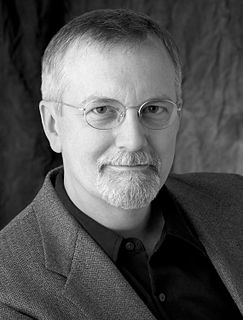A Quote by Charles J. Shields
In the late 1990s, I left the teaching field to write biographies and histories for young adults.
Quote Topics
Related Quotes
I write about the period 1933-42, and I read books written during those years: books by foreign correspondents of the time, histories of the time written contemporaneously or just afterwards, autobiographies and biographies of people who were there, present-day histories of the period, and novels written during those times.
As a historian I understand how histories are written. My enemies will write histories that dismiss me and prove I was unimportant. My friends will write histories that glorify me and prove I was more important than I was. And two generations or three from now, some serious sober historian will write a history that sort of implies I was whoever I was.
Let no one think that I do not love the old ministers. They were, probably, the best men in their generation, and they deserve that their biographies should fill the pages of the town histories. If I could but hear the "glad tidings" of which they tell, and which, perchance, they heard, I might write in a worthier strain than this.
In undeveloped social groups, we find very little formal teaching and training. Savage groups mainly rely for instilling needed dispositions into the young upon the same sort of association which keeps adults loyal to their group. They have no special devices, material, or institutions for teaching save in connection with initiation ceremonies by which the youth are inducted into full social membership. For the most part, they depend upon children learning the customs of the adults, acquiring their emotional set and stock of ideas, by sharing in what the elders are doing.







































